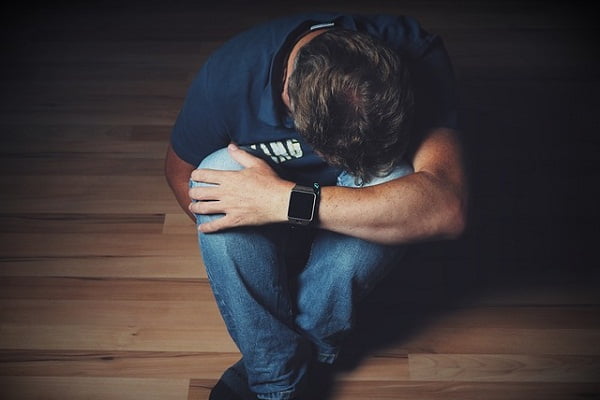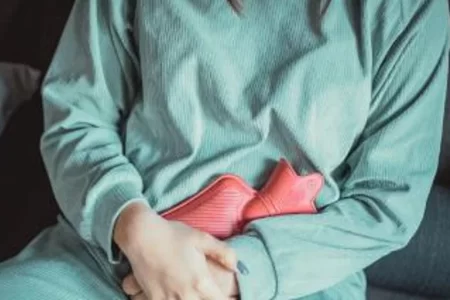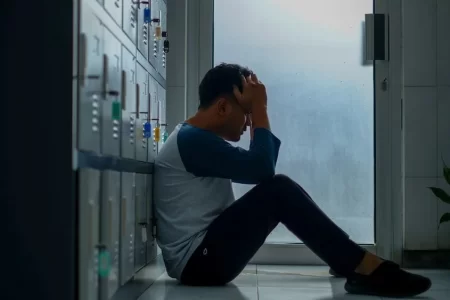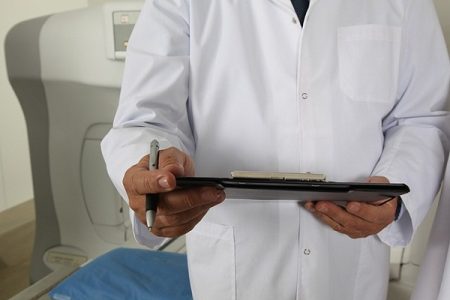How Do You Get Hemorrhoids?
- Updated on: Jul 13, 2024
- 3 min Read
- Published on Oct 3, 2019


How does one get haemorrhoids?
A haemorrhoid is a medical condition with swollen veins in anus and lower rectum, similar to varicose veins. The condition is also known as piles. Hemorrhoids, also spelt sometimes as haemorrhoids, can be a result of a number of causes. However, many a times the cause of hemorrhoids is unknown.
Hemorrhoids can of two types, internal haemorrhoids which are located inside the rectum and external haemorrhoids which develop under the skin around the anus.
Hemorrhoids is a quite common condition. It does not occur to only certain kinds of people. It is believed that haemorrhoids affect most of the people by the time they turn 50. Though, a majority of people get it after the age of 30. It affects all kinds of people and from all kinds of backgrounds. You shouldn’t feel embarrassed or upset about telling a doctor if you think you have haemorrhoids.
Since you can’t see them at the rectum readily, a lot of people don’t even know they have haemorrhoids. Most of the time people don’t note that they have haemorrhoids until they see blood in the toilet water after a bowel movement, when they start to have pain or discomfort in the rectum, or when they feel presence of extra tissue around the rectum something similar to a lump near anus.
More: Thrombosed Hemorrhoid (Thrombosed Piles)
More: Do Hemorrhoids Go Away On Their Own?
So how does one get haemorrhoids? Here are some common factors people describe while presenting the condition to their doctors.
Chronic Constipation
Constipation can be a result of many factors such as consumption of a diet low in fiber and high in fat or Irritable Bowel Syndrome. Constipation causes excessive strain and pressure on the veins in the anus to pass a bowel movement, resulting in swelling. Drinking less amount of water in your routine life can also cause constipation by not providing an adequate amount of fluid in the intestines, leading to hard stools.
Chronic diarrhoea
Chronic diarrhoea also exerts pressure on the anus from frequent bowel movements and may result in developing haemorrhoids.
Pregnancy and Childbirth
When a woman is pregnant, her uterus expands due to increased pressure from the growing foetus. This pressure and other issues such as constipation during a pregnancy can cause you to develop hemorrhoids during pregnancy. Excessive straining during childbirth can also be the cause of haemorrhoids development.
Obesity
Obese people are more likely to get haemorrhoids because their excessive weight puts pressure on the veins of the rectum and anus, which can lead to swelling and inflammation. Also, obese people are more likely to consume a diet that is too low in fiber which can lead to the development of a haemorrhoid.
See also: Is It Hemorrhoids or Colon Cancer?
See also: Hemorrhoid Pain: How Can Piles Pain Be Relieved?
Sitting or standing too long
People who are sitting or standing for long hours during their working hours can exert pressure on their veins and anus which causes haemorrhoids. Also, sitting for too long on the toilet, can increase the pressure on your veins and anus, sometimes resulting in haemorrhoids.
Heavy lifting
If you are lifting heavy weights or other objects, it can also strain your anus and can cause haemorrhoids, especially if done in an improper way.
Some other factors which can be responsible for pile are:
- Alcoholism or drinking too many alcoholic drinks
- Being pregnant and not eating enough fiber
- Anal intercourse
- Eating excessive processed foods, which are low in fiber and move slowly through your colon
- Body weakness which can affect the colon function
- Irregular eating patterns
- Poor muscle tone in the anal area from lack of exercise
- Pressure on rectum veins from cysts or tumour in the colon
- Being overweight
- Doing daily heavy lifting and holding your breath while you do it
- Inheriting a weakness in the colon and rectum area or having a predisposition to constipation
- Postponing a bowel movement – Holding faecal matter too long in the rectum causing pressure to build-up in the rectum veins
- Reduced amount of bile into the intestines due to weak liver. Bile helps in active peristaltic action and resist constipation
- Inflammation in the rectum that causes you to have constipation
- Weak tissues and slow healing of wounds due to lack of protein
- Not eating foods such as fibers, vegetables, essential fatty acids, protein and water that keeps you constipation free
- Not getting the right minerals and vitamins in your food
- Sitting in a chair at home, at work, in a car, or in a truck for long periods
- Excess use of laxatives to the point where your colon no longer works properly and you end up with constipation
From the above list, it is evident that there are many reasons by which you can develop haemorrhoids and a majority of them are related to your colon function. You should try to change any of these habits which relates to you. It will relieve your haemorrhoid condition.
You can read more about the causes and risk factors of haemorrhoids here: Causes and Risk Factors for Hemorrhoids (Piles)











